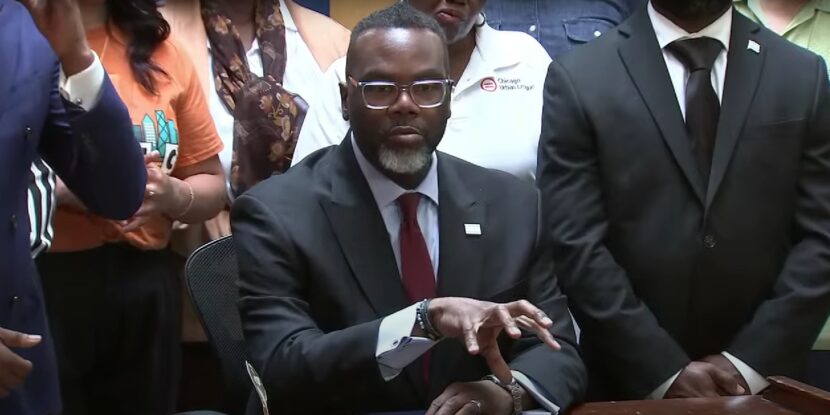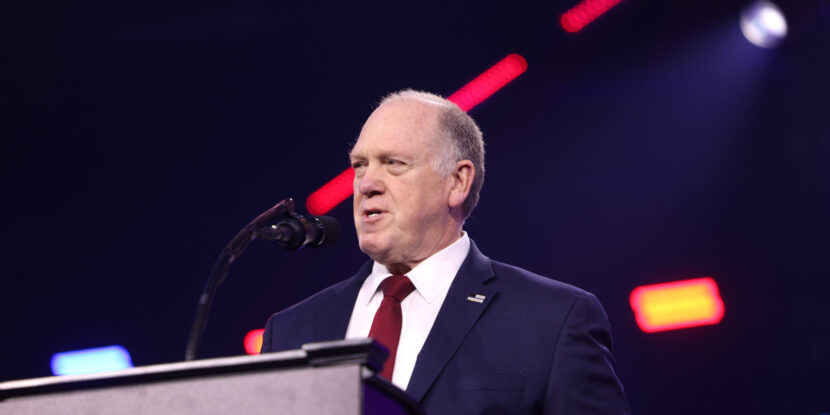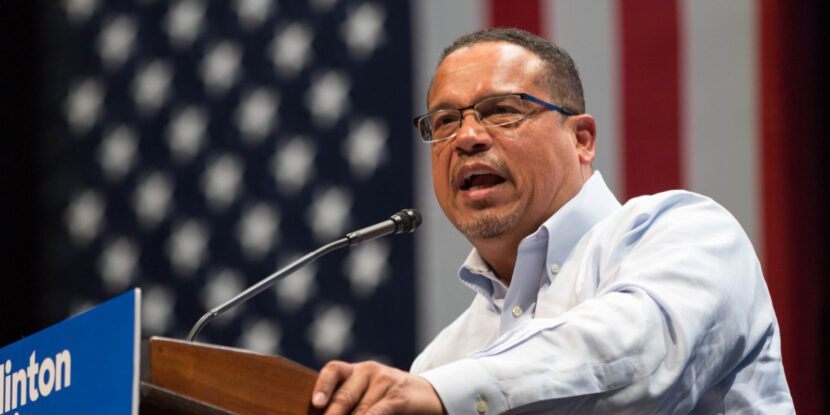Since Speaker Kevin McCarthy’s ouster, House Republicans have met almost daily in an effort to coalesce around a successor, culminating in the Conference seemingly backing Louisiana Republican Steve Scalise over Jim Jordan of Ohio by a vote 113 to 99. Despite the initial victory of being named Speaker-designate, Scalise’s camp failed to gain traction among members – leaving him well short of the 217 votes needed to win the Speakership on the House floor. Just over 24 hours after winning the Conference vote Scalise bowed out of the Speaker’s race – leaving House Republicans back at square one.
There are now a handful scenarios. The first entails the Conference’s second-choice for Speaker, Jim Jordan, capturing the 217 requisite votes. This is easier said than done for Jordan – who is backed by former President Donald Trump. Scalise allies blame Jordan, at least in part, for the collapse of his Speaker bid and are unlikely to back Jordan’s own bid. Rep. Anne Wagner (R-MO), a Scalise ally, responded with a firm “Absolutely not,” when asked if she’d support Jordan. Moderate Republicans from California and New York appear to be as equally opposed to Jordan.
The next possibility is Speaker Pro Tempore Patrick McHenry (R-NC) is granted, temporarily, the full powers of the Speaker. This idea being pushed by Rep. David Joyce (R-OH) – although with no official ruling from the House Parliamentarian, it is unclear if such a move is allowed by House Rules or even constitutional to begin with.
Alternatively, McHenry could become a consensus candidate and be elected Speaker – although this scenario faces the same math problem faced by Scalise and Jordan unless moderate Democrats also back the bid. McHenry has made a name for himself as the feisty chairman of the House Financial Services Committee and fierce opponent of over-regulation – despite being a leadership loyalist, he’s avoided taking firm stances on some of the more divisive issues in the Republican Conference. Rep. Tom Emmer (R-MN) could also emerge as an alternative consensus candidate.
The third option would be restoring Kevin McCarthy as Speaker. This would likely require the McCarthy camp to cut a deal with moderate Democrats, a significant defeat for House conservatives.
Finally, Moderate Republicans like Don Bacon (R-NE) and Steve Womack (R-AR) – along with Republican members in states like New York whose districts voted for Joe Biden – could opt to back Democrat minority leader Hakeem Jeffries for Speaker. Jeffries would secure the Speakership outright if 5 Republicans backed his bid or if enough Republicans voted ‘present’ during a floor vote. While currently remote, the possibility of Speaker Jeffries becomes more likely the longer the House leadership crisis drags on.
At the moment, securing the 217 votes needed to become Speaker of the House appears to be a daunting – if not insurmountable – task.




















